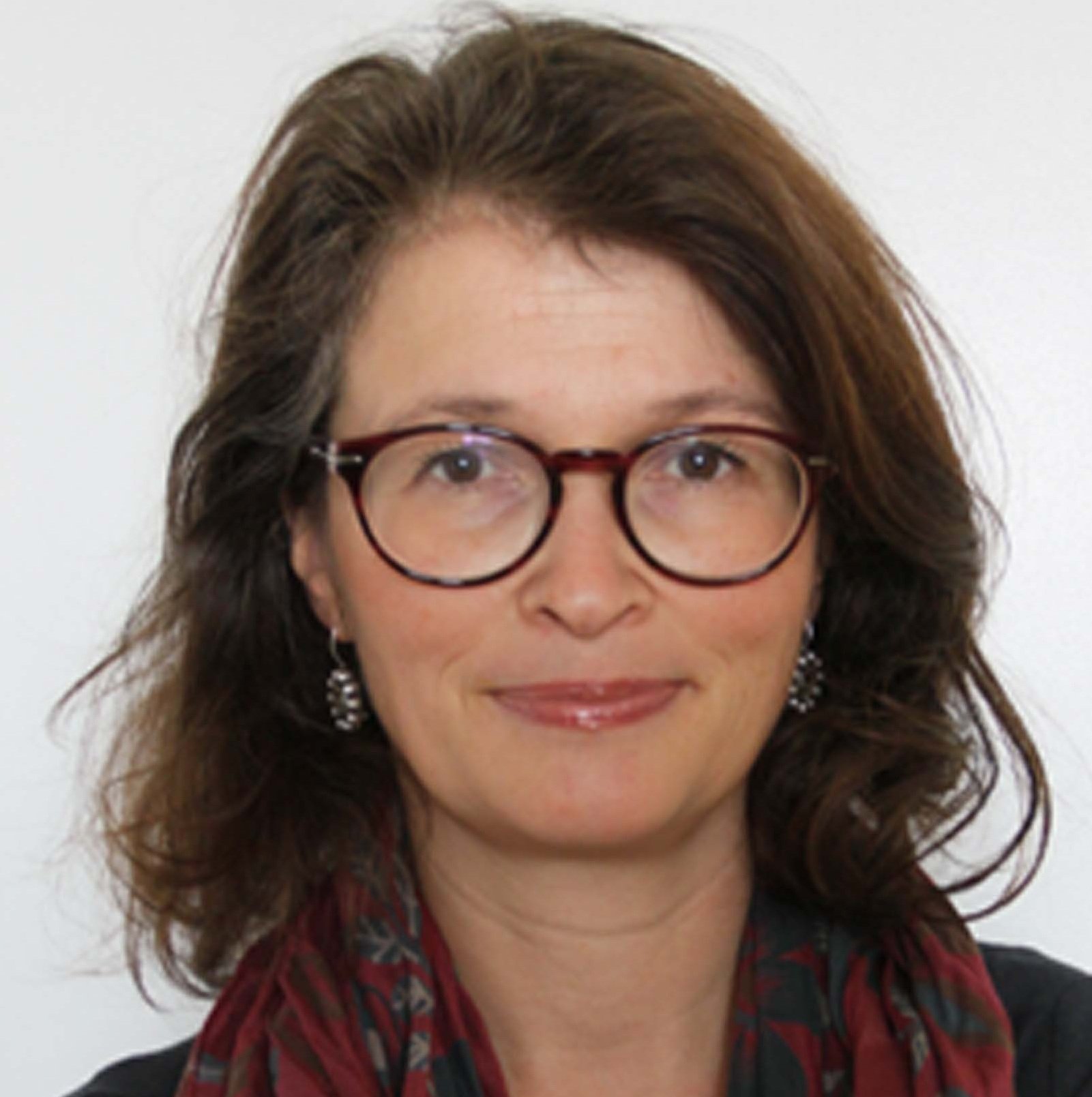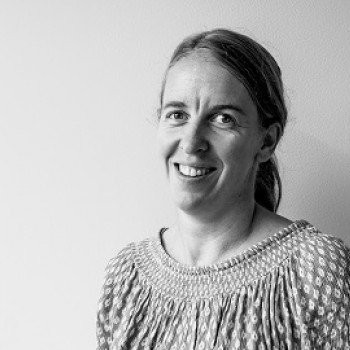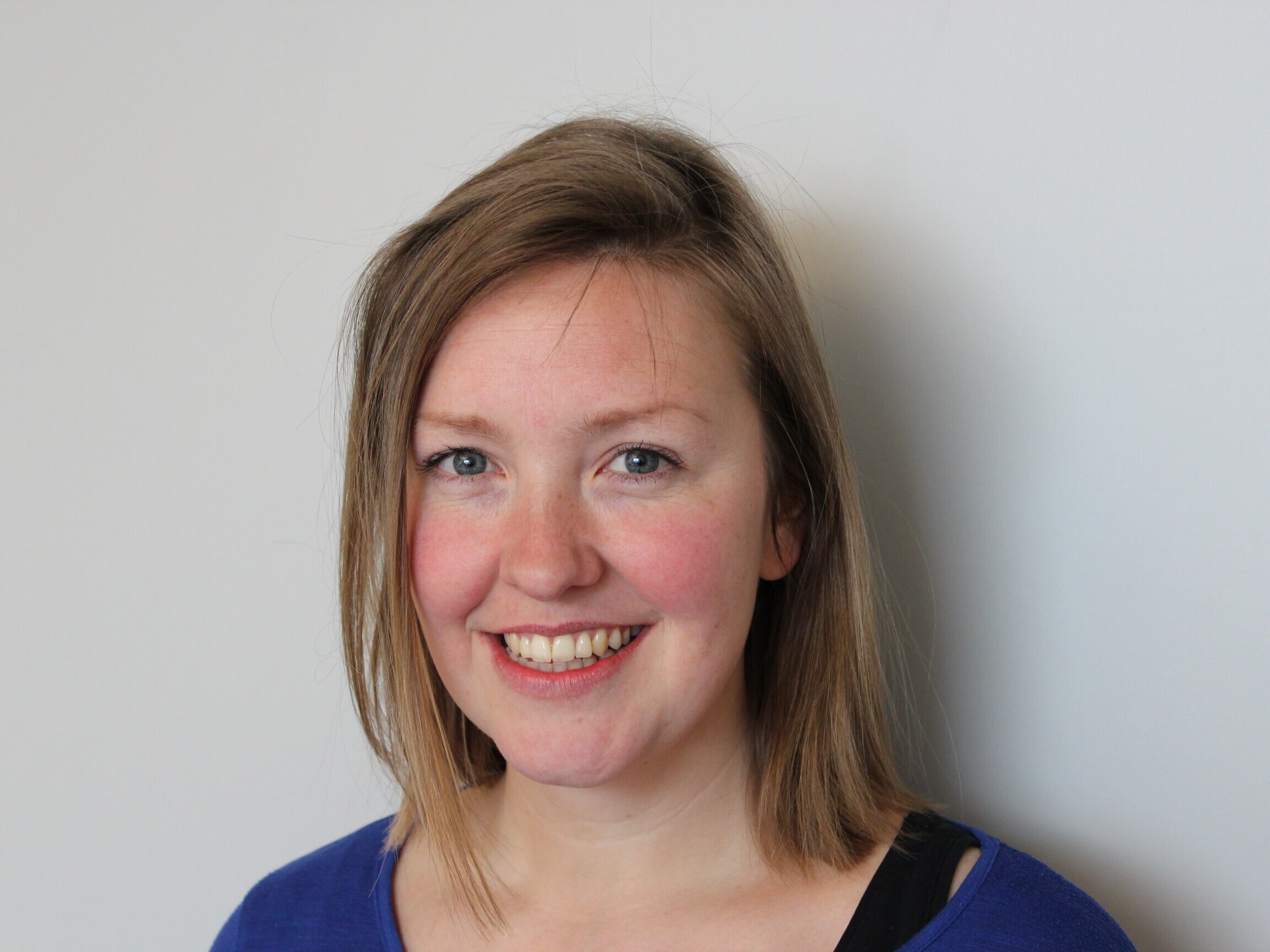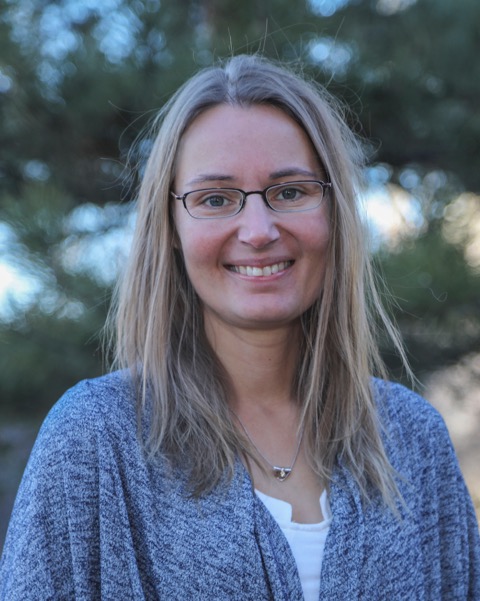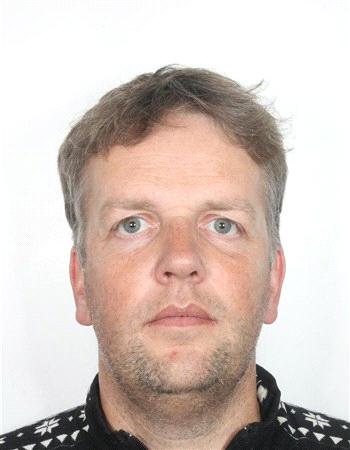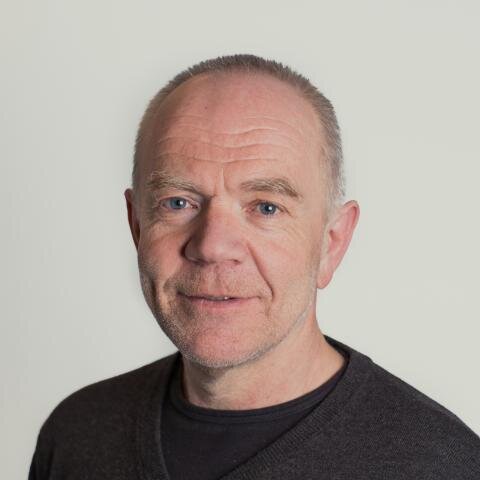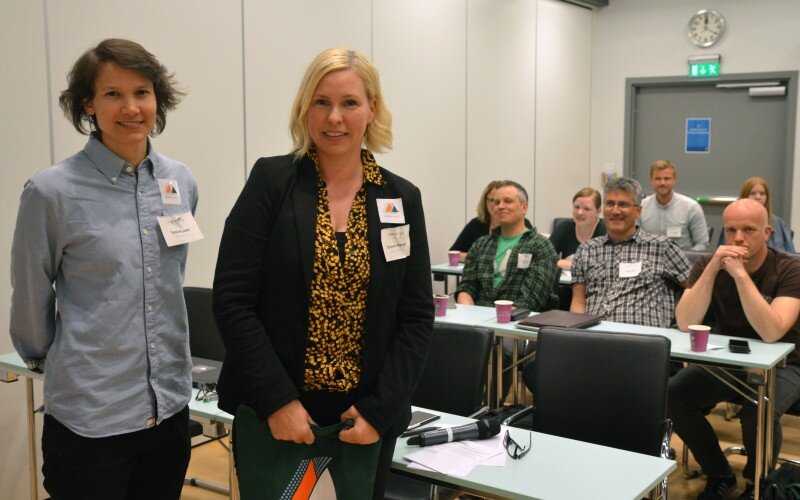Making trans-border climate change risks tangible for adaptation actions (TransAdapt)
The experiences of covid-19 have increased awareness of cross-border climate risk, ie that something is happening in one country linked to climate change, and that this has ripple effects in completely different countries. This is a type of risk society must also adapt to, in addition to "traditional" climate risk.
The main goal of the project is to investigate and show how one can put cross-border climate risk on the agenda in the local and national work with climate adaptation. The project also has four sub-goals.
Four of the research partners in Noradapt participates in the project: Nordland Research Institute, Cicero, Norce and Western Norway Research Institute. In addition to the Stockholm Environment Institute.
Sub-goals
Develop an indicator-based top-down method for analyzing cross-border climate risk at national level
Demonstrate how one can analyze cross-border climate risk for specific sectors
Demonstrate how one can analyze risk ownership along and across value chains and policy levels
Analyze governance at several levels, and across sectors, for adaptation to cross-border climate risk









